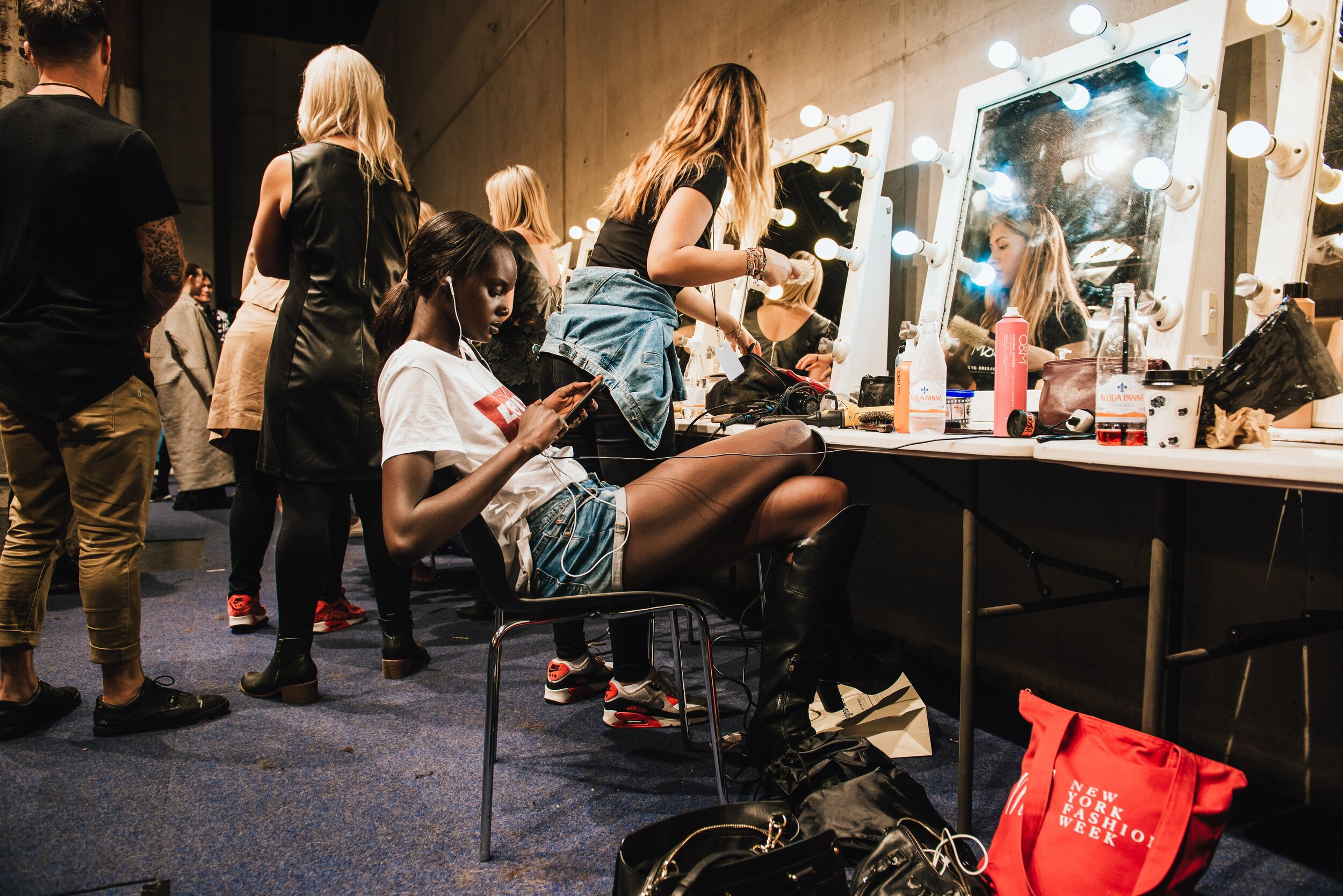“I’m Not Like Other Girls” – Tackling Internalized Misogyny
Photo by RF._.studio from Pexels
“There’s enough room for all women to be whole without tearing each other down” –@florencegiven
We often talk about misogyny in the different aspects of our society, but we can’t properly address misogyny without also talking about internalized misogyny.
Internalized misogyny is when women themselves start to think in misogynistic ways and hold themselves and other women to misogynistic standards. It is a result of patriarchal norms and years of female oppression that leads to women internalizing misogynistic beliefs. Women then tend to express such internalized misogyny by distancing themselves from all things feminine and minimizing other women.
Internalized misogyny can manifest in a variety of ways, but most of the time it's the act of women bringing down and suppressing other women, or even themselves. If women believe that they are limited in some manner due to their gender, that's a sign of internalized misogyny.
It’s also important to remember that we often don’t even recognize we're experiencing internalized misogyny, because of how deeply this phenomenon is ingrained in our society. But it is crucial that we women liberate ourselves by reflecting on how internalized misogyny manifests in our lives and learn to combat it.
To better understand what internalized misogyny may look like in daily life, here are some phrases you might have encountered –
“I’m not like other girls! I like gaming/sports.”
“Being friends with other girls is too much drama.”
“She’s way too into makeup/fashion, she’s a try-hard.”
“I don’t know why I don’t like her, she’s just annoying.”
Internalized Misogyny and Women in Media
The media plays a crucial role in exacerbating internalized misogyny by negatively depicting women in the public eye. We can all recall a time we’ve seen them painted as divas, emotionally unstable or inexplicably annoying.
The ‘Framing Britney Spears’ documentary is one example that shows how unfairly the media treats women– often insighting (and profiting off of) large-scale criticisms about their mental health, their sexuality and their bodies.
In the case of women of color, the effects of misogyny are often compounded with racism. Media storylines go beyond shaming these women, and effectively demonize them. We’ve seen this play out with public figures like Megan Markle, Alexandria Ocasio Cortez and Jameela Jamil whose public criticisms often depict them as more aggressive, maniacal, and villainous than their white peers.
But the influence doesn’t start and end with media sources that craft and mass-distribute these stories. Our society still feeds off of it. And our consumption (passive and otherwise) just enables the belittlement of women to continue and our internalized misogyny to stay intact.
So how do we tackle internalized misogyny?
Remind yourself that other women are your allies and not our enemies.
Despite what society and ‘I can take your man if I want to’ culture would have us believe, we are not always competing with each other. While we can't say that pitting women against women is exclusively a thing of the past, today let's practice lifting each other up, every chance we get.
Don’t engage with tabloids that put women down.
Critically look at the framing of women in the news, reflect on the opinions we have already formed and actively stop engaging with sources that belittle women. Consumption controls production!
Allow yourselves and others to explore interests and embrace them.
We’re allowed to love makeup, fashion, Twilight and the color pink. ‘Too feminine’ is a socially constructed norm, and it’s ours to deconstruct.
Live and let live.
Recognize that women have been put down for almost everything they do – she’s either a ‘slut’ or a prude, she’s basic or overdressed, she’s trying too hard or too little. There’s no winning by society’s standards, so let's encourage each other to live without misogynistic labels!
Internalized misogyny manifests differently in different people, but the truth is that all of us have probably experienced internalized misogyny at some point in our lives. Just remember, internalized misogyny is not your fault and it's not a true indicator of your beliefs and values. It's something you subconsciously believe because of society’s conditioning. But, with careful unlearning, we can all liberate ourselves from internalized misogyny.
Written by Aastha Malik and Aarna Dixit











